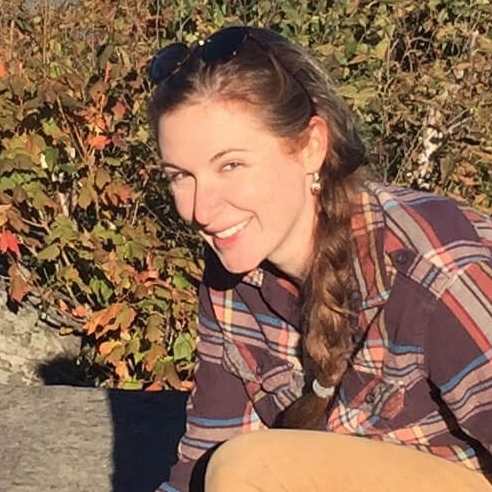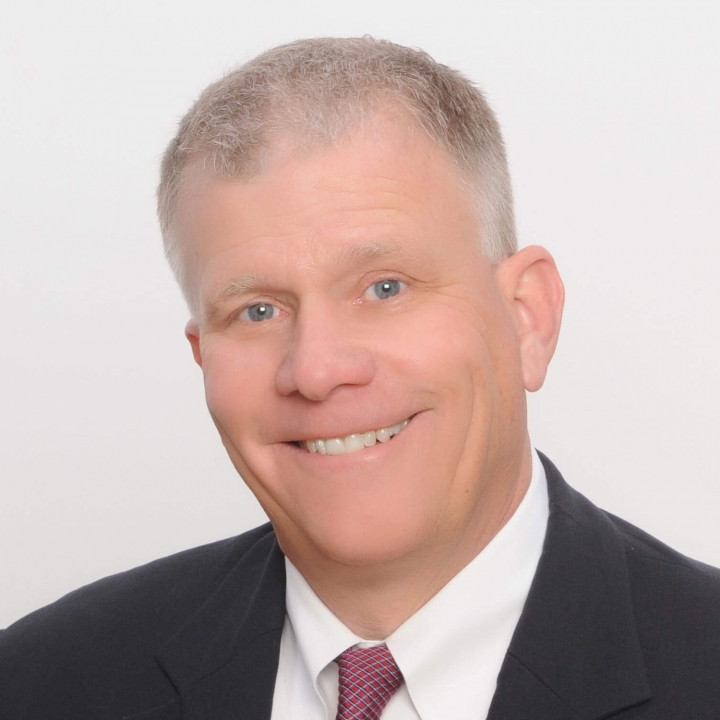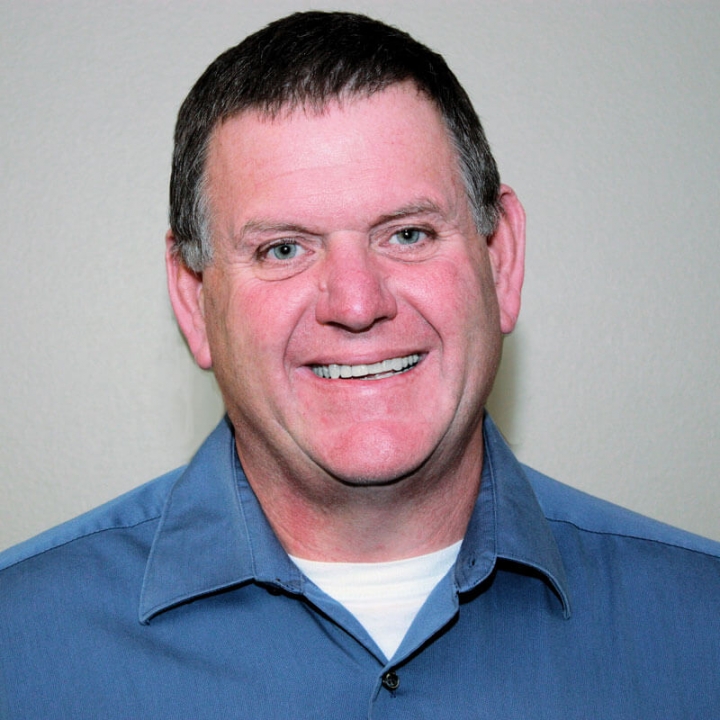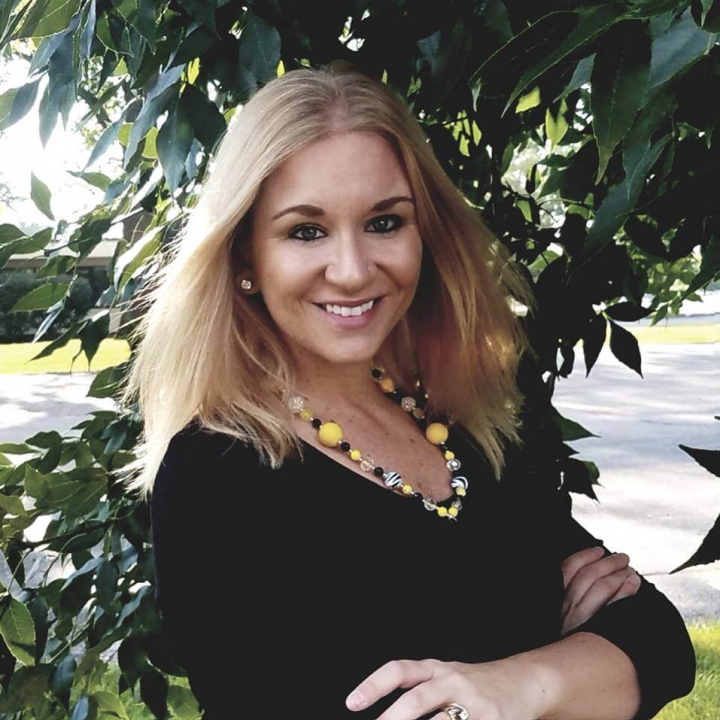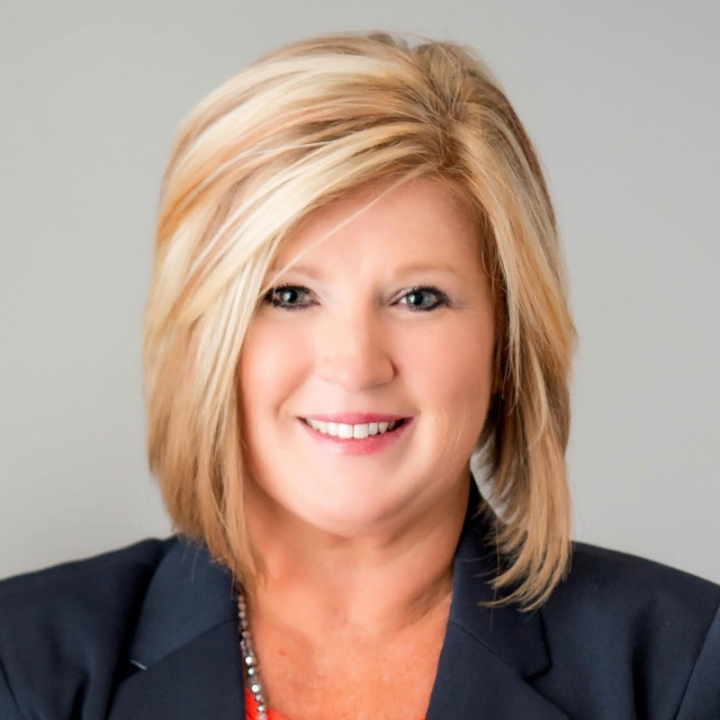Since 2016, IHRC has trained over 500 volunteers from across Iowa to become harm reduction advocates and direct service providers. Maintaining nearly 100 active volunteers in our program at any one time, the individuals who dedicate their time, energy, thoughtfulness, and talents to IHRC give the organization its strength and staying power. Volunteers provide support at nearly every level of IHRC's program, from late night naloxone deliveries for clients to trips across the state to meet with legislators in their homes. Each month, the IHRC community recognizes one individual for their commitment to advancing drug user health in Iowa. Through the "Volunteer of the Month" Award, our community honors the contributions and impact a particular individual has made. While this award has been given since 2017, as of mid-2020 we're taking the recognition public and sharing our monthly awardee with the wider audience engaged with our work. Each winner is recognized with either a gift from IHRC's merch shop or a Harm Reduction book of their choosing. Please join us in celebrating the contributions these individuals make to our communities, and the entire state of Iowa, each day.
Mitchell Hooyer
Mitchell is a medical student at the University of Iowa Carver College of Medicine with one year left before entering an Emergency Medicine residency. He’s a native Iowan who grew up on a cattle farm in Northwest Iowa and went to college at Drake University in Des Moines where he majored in Biology and Bartending. Mitchell has been with IHRC since 2018, volunteering in a variety of positions including street outreach, operating the Central Iowa hotline and delivery service, working the Cedar Rapids front desk, planning webinars, and most recently starting a student harm reduction interest group at the University of Iowa. Outside of IHRC and school he enjoys reading (check out IHRC’s forthcoming blog post for recommendations), playing volleyball, and buying too many new plants.
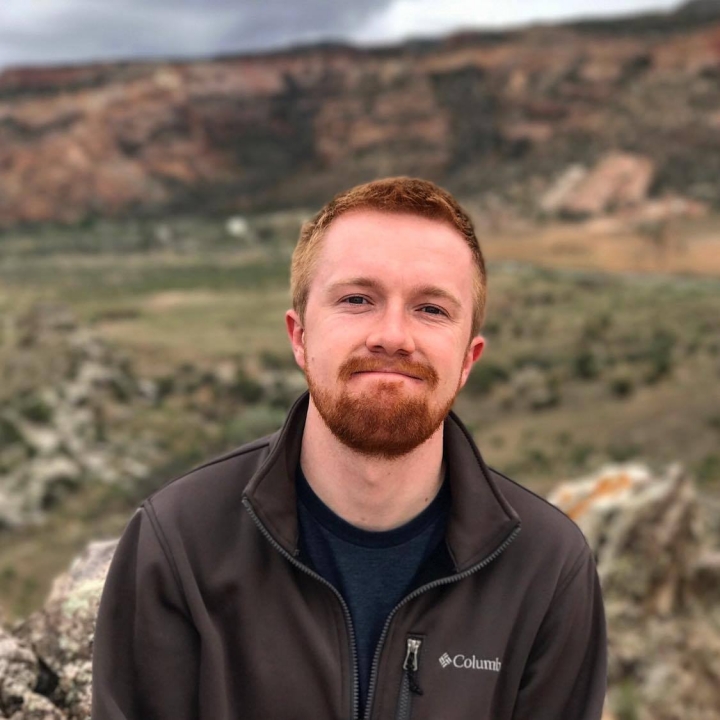
Mitchell has been a volunteer with IHRC since beginning medical school in Iowa City and applied to volunteer in January 2018, training that spring. Over the past 2.5 years, Mitchell has become one of our program’s key team members. While living in Des Moines from January – December 2019, Mitchell worked closely with Deborah (IHRC’s Central Iowa Program Manager) and took care of the hotline + client deliveries on a weekly basis. He also has become immersed in the broader harm reduction field and has a clear passion for the individuals we work with & the community we serve. This passion is made visible by the curiosity he brings to this work; his commitment to learning; a consistent engagement with new resources and materials; and the way in which his knowledge-base seems to grow exponentially with regards to: a) client experiences, goals, challenges, and needs; b) the inner-workings of health, social, and criminal-legal systems and how these systems impact people via the production of structural forces; c) research publications, thought leaders, critical organizations, and experts in the field; and d) traditional news media content, books, social media content, and more. Mitchell returned to Iowa City in January and has spent the last two months running the front desk in the office on Monday and Wednesday afternoons. While the office has been unusually quiet due to COVID-19, Mitchell has also used his time to develop a number of other projects. Recognizing the need for new initiatives, organizations, and structures that can approach harm reduction work from different perspectives, Mitchell has put together the Harm Reduction Interest Group for Medical Students, which will liaise with the national group of a similar name. This group will be able to expand opportunities for training and education in drug user health for all medical students. Mitchell has developed a structure for the group that is highly strategic, uniquely well organized, and sets the group up for success in the short, medium, and long term future. Mitchell is currently working on a number of other projects within IHRC, including the summit and the COVID-19 research project. As a grassroots organization whose strength comes directly from the leadership and engagement of all participants within the group, IHRC is significantly better off because of Mitchell’s commitment to the work we do, and because of the enjoyment and meaning that he derives from it and brings to it. Thanks so much Mitchell, for all of the work you have put in over the past two years, and for all of the good things you have planned for the next year!


